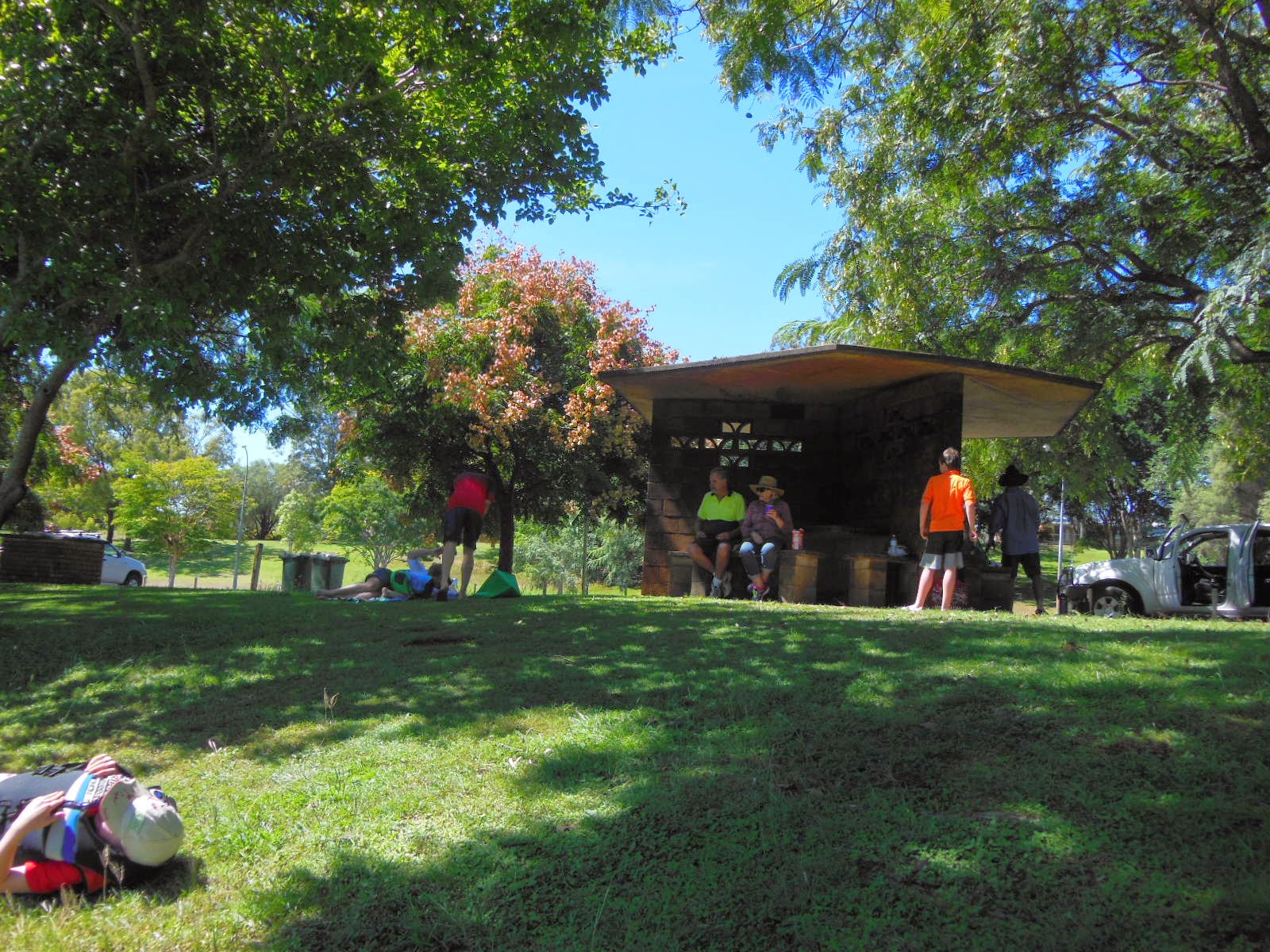 |
| I wonder if being too attached to our roles means it's hard to temporarily hang up those hats and take a break, or a holiday? |
I'm a SAHM, I'm a working mum, I'm single, I'm a writer, I'm a house-owner, I'm a runner, I'm a carer, I'm in full-time ministry . . . I'm a missionary.
I think about it every now and then. What would I do if this role "missionary" was taken away from me? It would be a big adjustment, that's for sure. I think part of that would be because part of my identity is in the role.
I feel this if I'm in an unfamiliar group without my kids or husband. My roles as "wife" and "mum of three boys" isn't written on my shirt. They help define me, they shape my days, weeks, and years.
So does being a missionary. Try describing our lives without including the M word. It's hard.
I tried on Monday night. I was talking to the mum of some new boys at wrestling. I managed to keep the M word out of the conversation for some time. Japan came in pretty early, because she wanted to know how our kids first got interested in wrestling. I kept missionary out of it until she asked if my husband had a job while we were in Australia (I'd already told her he is a teacher in an international school in Japan). Fluffing around trying to explain what we do for a job while we're in Australia just didn't work until I explained that we're missionaries and part of our job in Australia is to visit groups like churches who support us.
It's not that I'm avoiding describing myself as a missionary, I've just learned that it isn't the best word to use in early conversation with strangers.
However, back to role. Our missionary role is more life-encompassing than, say, if I were an Occupational Therapist and my husband was a teacher here in Australia. Those roles wouldn't involve bringing up our family in a different country, changing countries periodically, and doing a job in Australia that involves the whole family on weekends.
But an article I read recently cautioned that if your identity is too tied up in your role and performance, it can lead to ineffectiveness and ill-health. It can lead to a lot of energy being expended to defend, keep, protect our role. If a role is removed from us, we can feel it is personal attack. We can spend a lot of energy trying to prove ourselves, try to demand that others see our value.
Of course, it requires a very high self-awareness to see this about ourselves. For most it is a blindspot – not seen by us, but clearly experienced by others.Unfortunately this is a common problem in people in full-time ministry.
The solution is to fix our eyes back on God. To remember that ultimately we are his children.
Yes, we can take our current roles and responsibilities seriously. Yet, as we mature, we will not be so white-knuckled with them. We can be much more open-handed, not worrying what others think of us. If we are removed from our current position, we can remind ourself that the position was given to us from a caring Father in the first place. We can look to him to provide whatever will be needed next. There is no need for clamoring or demanding. Yes, there is a season of disorienting change. But in the end, he will provide all for his children.The article concludes with this:
You are much more than what you do. You are how God sees you. You are His own child.































